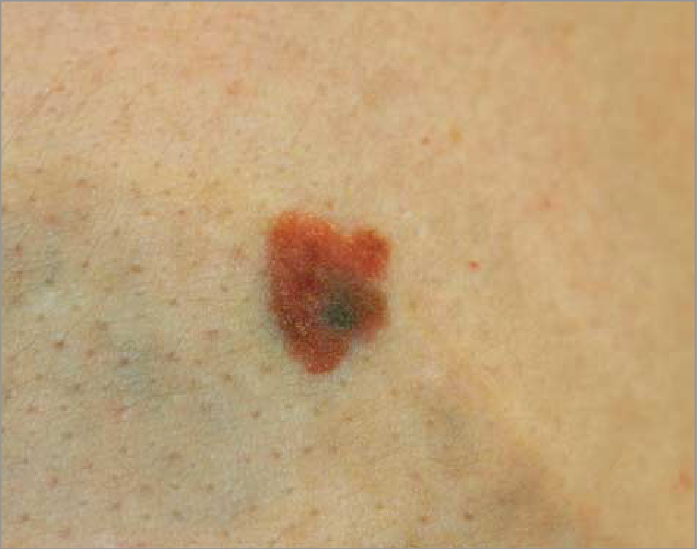Living Alone Linked with Higher Risk of Melanoma Death in Men

Men who live alone may have a higher risk of dying from the skin cancer melanoma compared with men who live with a partner, a new study from Sweden finds.
Researchers looked at data on more than 27,000 people diagnosed with melanoma in Sweden between 1990 and 2007, and examined their risk of dying in relation to their cohabitation status at the time of diagnosis.
Of about 13,400 men with melanoma, about 2,400, or 17 percent, died during the study period.
The researchers found that among men with melanoma, those living alone were 30 to 50 percent more likely to die from melanoma compared with those living with a partner at the time of their diagnosis. [10 Do's and Don'ts to Reduce Your Risk of Cancer]
The results held after controlling for factors that could affect the outcome of melanoma, such as the patient's gender and educational level, and the location of the tumor on the body, according to the study, published today (April 1) in the Journal of Oncology.
Part of the reason patients who lived alone had a higher risk of dying from melanoma is their cancer was more advanced when it was diagnosed, said study researcher Dr. Hanna Eriksson, of the Karolinska Institute in Sweden.
The results were similar in men of all ages, regardless of their level of education and place of residence, she said.
Sign up for the Live Science daily newsletter now
Get the world’s most fascinating discoveries delivered straight to your inbox.
Melanoma is a type of skin cancer that begins in the skin's pigment-producing cells. It is the least-common type of skin cancer, but one of the most dangerous if it's not caught early, when it's small and curable. In 2013, about 77,000 people in the United States were diagnosed with melanoma, and about 9,500 died of the disease that year, according to estimates from the National Cancer Institute.
The researchers also found that older women living alone tended to have melanoma that was more advanced when they were diagnosed, but in general, women's living situations were not linked to their risk of dying from melanoma. Of about 13,850 women with melanoma in the study, about 1,550, or 11 percent died during the study period.
Studies have shown that 40 to 60 percent of melanoma cases are discovered by patients themselves or their family members, the researchers said. It is possible that women are more aware than men of skin health messages and signs of skin cancer, or they might visit the doctor more often for regular checkups, so their skin cancers might be detected earlier, the researchers said.
Past studies had suggested a gender difference in skin cancer, with men's cancers being more likely to be diagnosed in the later stages of the disease. One study recently found that young men are more likely to die of melanoma than young women, regardless of the severity of the tumor, suggesting biological differences between melanoma in men and melanoma in women, the researchers said, and calling for more public health messages that target men.
Email Bahar Gholipour. Follow us @LiveScience, Facebook & Google+. Original article on Live Science.











